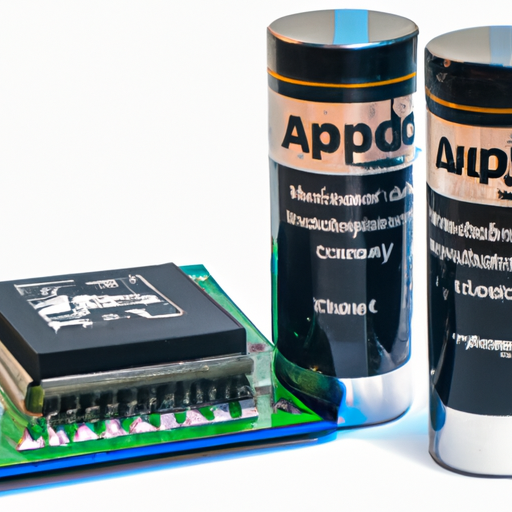Application Development in Rechargeable Batteries (Secondary) for VL-1220/VCN: Key Technologies and Success Stories
The evolution of rechargeable batteries, particularly for applications such as the VL-1220 and Voltage Controlled Network (VCN) systems, has been marked by significant technological advancements and successful implementations across various sectors. Below is a detailed overview of the key technologies driving this development and notable success stories that illustrate their impact.
Key Technologies
| 1. Lithium-Ion Technology | |
| 2. Solid-State Batteries | |
| 3. Fast Charging Technologies | |
| 4. Recycling and Sustainability | |
| 5. Smart Battery Technologies | |
| 6. Nanotechnology | |
| 1. Consumer Electronics | |
| 2. Electric Vehicles (EVs) | |
| 3. Renewable Energy Storage | |
| 4. Medical Devices | |
| 5. Industrial Applications | |
| 6. Smart Grids | |
Success Stories
Conclusion

The development of rechargeable batteries, particularly for applications like VL-1220 and VCN systems, is propelled by technological advancements and an increasing demand for sustainable energy solutions. The success stories across diverse sectors underscore the transformative potential of these technologies in enhancing energy efficiency and performance. As research progresses and new innovations emerge, the future of rechargeable batteries appears bright, with ongoing developments likely to further improve safety, sustainability, and overall effectiveness in various applications.
Application Development in Rechargeable Batteries (Secondary) for VL-1220/VCN: Key Technologies and Success Stories
The evolution of rechargeable batteries, particularly for applications such as the VL-1220 and Voltage Controlled Network (VCN) systems, has been marked by significant technological advancements and successful implementations across various sectors. Below is a detailed overview of the key technologies driving this development and notable success stories that illustrate their impact.
Key Technologies
| 1. Lithium-Ion Technology | |
| 2. Solid-State Batteries | |
| 3. Fast Charging Technologies | |
| 4. Recycling and Sustainability | |
| 5. Smart Battery Technologies | |
| 6. Nanotechnology | |
| 1. Consumer Electronics | |
| 2. Electric Vehicles (EVs) | |
| 3. Renewable Energy Storage | |
| 4. Medical Devices | |
| 5. Industrial Applications | |
| 6. Smart Grids | |
Success Stories
Conclusion

The development of rechargeable batteries, particularly for applications like VL-1220 and VCN systems, is propelled by technological advancements and an increasing demand for sustainable energy solutions. The success stories across diverse sectors underscore the transformative potential of these technologies in enhancing energy efficiency and performance. As research progresses and new innovations emerge, the future of rechargeable batteries appears bright, with ongoing developments likely to further improve safety, sustainability, and overall effectiveness in various applications.













